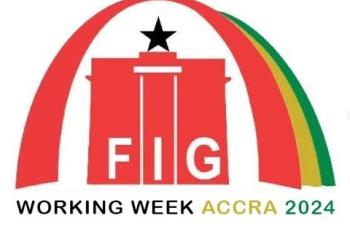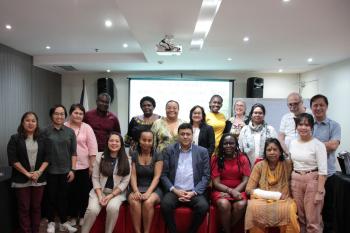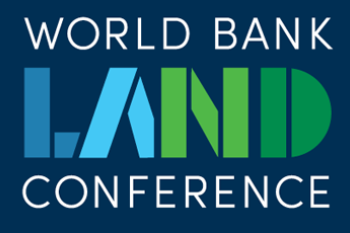
Taking Stock of GLTN’s Engagement in the Land Sector
Promoting the Continuum of Land Rights Approach to address land challenges at country level
Developing countries continue to grapple with ensuring formally recognized tenure security, with more than 70 percent of people in the world looking to informal or With the role of land formally recognized in the New Urban Agenda, and the inclusion of tenure security indicators in the SDGs, and the VGGTs, countries now have more opportunities and tools to address good land governance and the establishment of legal frameworks that recognize different types of tenure. GLTN continues to advocate and influence global and regional land actors to take up pro‐poor, gender-responsive and fit-for-purpose land policies, tools and approaches in line with the Continuum of Land Rights Approach. Equally important are the cross‐cutting interventions like capacity development, awareness building and knowledge management. GLTN’s interventions were designed and implemented in collaboration with partner organizations, government authorities, civil society organizations, academia and other land stakeholders at the country level. During the Phase 2 programme, GLTN’s country focus has been to secure land rights of the poor, women and vulnerable groups through support to national land reform processes and implementation of appropriate land tools and approaches. In the five focus countries, namely Uganda, DR Congo, Zambia, Kenya and Nepal. GLTN has piloted and implemented tools and approaches such as the Social Tenure Domain Model, Participatory Enumerations, the Gender Evaluation Criteria and the Fit-for-Purpose Land Administration approach.Country work has additionally expanded to include Colombia, Iraq, Namibia, the Philippines and the Sudan, for value‐added and catalytic engagements in piloting and improving on the implementation of the GLTN Land Toolbox.At this year’s 7th GLTN Partners Meeting 2018, GLTN hosted a Country Learning Exchange on the 23rd of April 2018. This interactive session served as an opportunity for implementing Partners of GLTN-supported country level interventions to exchange notes, recognize and celebrate successes achieved in the second phase of programme implementation, while consolidating experiences and sharing lessons-learned.
The objectives of the Country Learning Exchange were:
- To share knowledge, experiences, good practices and lessons learned on country level interventions supported by GLTN;
- To share experiences, findings and outcomes on the use and application of GLTN tools and approaches and on the support provided to land reform and land policy processes;
- To identify remaining gaps in improving land tenure security and in promoting responsible land governance at country level and agree on key priority actions.
- To share to the Partners’ Meeting the summary of the country experiences and lessons learned
In the next GLTN Strategic Phase 2018-2030, the network will focus on the further development of priority land tools and approaches, as well as their implementation to support national and local governments, in conjunction with civil society organizations, the private sector, local communities and other land actors to deliver on the international commitments and obligations, (VGGTs, NUA, SDGs) towards sustainable land governance and improved tenure security for all, with a focus on women, youth and vulnerable groups in both urban and rural settings.


